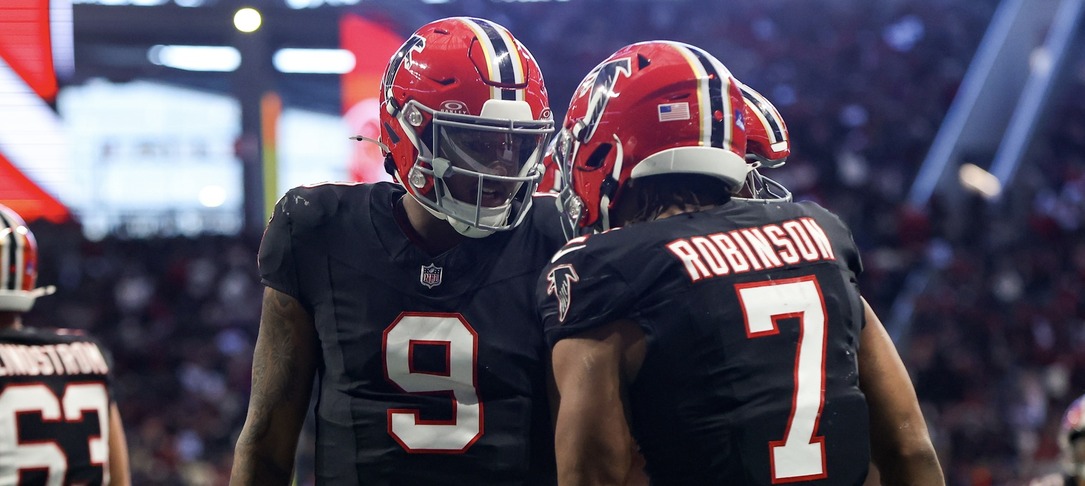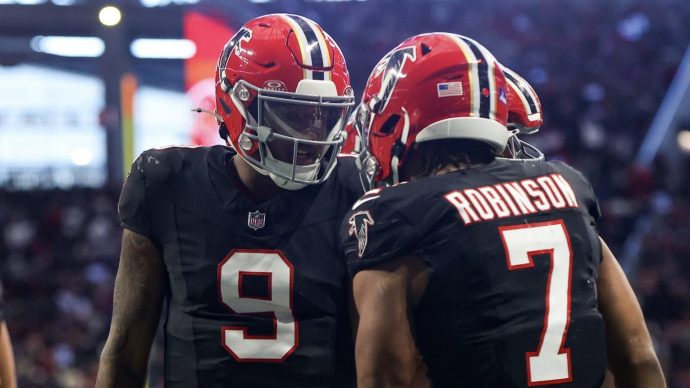Last week a District Court in Rhode Island gave online gambling supporters the latest in a string of Wire Act victories. The case, International Game Technology PLC et al. v. Merrick B Garland & The United States Department of Justice, gave the industry more cover against potential prosecution. Still, the implications of the decision do not address the underlying issue with the Wire Act, its ambiguity.
The Wire Act, a 1961 law designed to crack down on mob-run gambling businesses, has been a splinter under the fingernail of legal US online gambling for over two decades. The Wire Act is often just a minor inconvenience, but every so often, it gets inflamed and cannot be ignored. And like a splinter slowly working its way out, the Wire Act’s impact on the legal US online gambling market won’t reach zero until it is fully extricated, something the recent ruling did not accomplish.
The ruling is a win. As the opinion states, IGT “should not have to operate under a dangling sword of indictment while DOJ purports to deliberate without end the purely legal question it had apparently already answered and concerning which it offers no reason to expect an answer favorable to the plaintiffs.”
However, the decision is simply an end to this chapter of the story, not the story itself, and there’s still room for a Usual Suspects plot twist.
That’s Just Like Your Opinion Man
The legal decisions have not provided any closure. Instead, they kick the can further down the road.
The good news is that thanks to the spread of legal sports betting, the barn door is open. The bad news is that not all the horses have left the barn yet. So, there is always a possibility that a new administration will decide to revisit the Wire Act, which has occurred three times in 20 years.
In 2002, Michael Chertoff, then-acting Assistant Attorney General in the DOJ’s Criminal Division, responded to a request for clarity on the Wire Act and online gambling from the state of Nevada:
“[T]he Department of Justice believes that federal law prohibits gambling over the Internet, including casino-style gambling.”
In 2011, in response to requests made in 2009 by the states of New York and Illinois, the DOJ Office of Legal Counsel produced a more official opinion, declaring that the Wire Act did not apply to online lottery, casinos, or poker.
In 2018, the DOJ OLC, apropos of nothing, decided to issue an opinion overriding the 2011 OLC opinion. The 2018 opinion spurred a successful legal challenge from the New Hampshire Lottery and its supplier NeoPollard. The IGT suit extended the decision beyond the New Hampshire Lottery and NeoPollard.
the 2018 opinion was thrown together pretty haphazardly. Any of us could play devil's advocate and present a better argument.
— Steve Ruddock (@SteveRuddock) June 22, 2021
Bottom line: Because the case wasn’t appealed to the Supreme Court, nothing is preventing the Department of Justice from issuing another opinion; another, better-crafted opinion, and repeating the process all over again. The ability to read the Wire Act in multiple ways (thanks to a wayward comma) means it can say whatever someone wants it to say.
As any Patriots fan can attest, you don’t win a title for an undefeated regular season, and these victories are regular season wins.
The Wire Act Is a Two-Front War
Another opinion could be issued on two fronts, as there are two factors to discuss when it comes to the Wire Act and online gambling:
- Does the Wire Act apply to online lottery, casinos, and poker?
- Does the Wire Act prohibit intermediary routing of data across state lines?
Per the recent ruling:
“The relevant section of the Wire Act includes four related clauses. Each prohibits different aspects of making bets and wagers using wire communications that cross state lines. The second prohibitional phrase is explicitly limited to “bets or wagers on any sporting event or contest.” The pivotal question at issue in various DOJ opinions and in NHLC II was whether the whole statute is limited to sports betting, or whether the limiting language applies only to the second prohibition, such that the rest of the statute criminalizes non-sports betting.”
The decision was as follows:
The Court declares that, as to the parties now before it, the Wire Act applies only to “bets or wagers on any sporting event or contest.”
Unfortunately, this protection applies to the status quo. As we’ve already seen, DOJ opinions can change on a whim. And, of course, the Wire Act does apply to sports betting, with the legal markets feeling like a ticking timebomb for some overzealous prosecutor to detonate.
The Easy Solution That Is Not So Easy
There is a simple way to deal with the Wire Act, which is for Congress to amend the Wire Act or pass new laws dealing with online gambling. The chances of that happening are slim, considering the dysfunctional nature of Congress. And even when it acts, there is a strong likelihood that by the time special interests are done with the bill, whatever “fix” they come up with is more convoluted than the current Wire Act.







